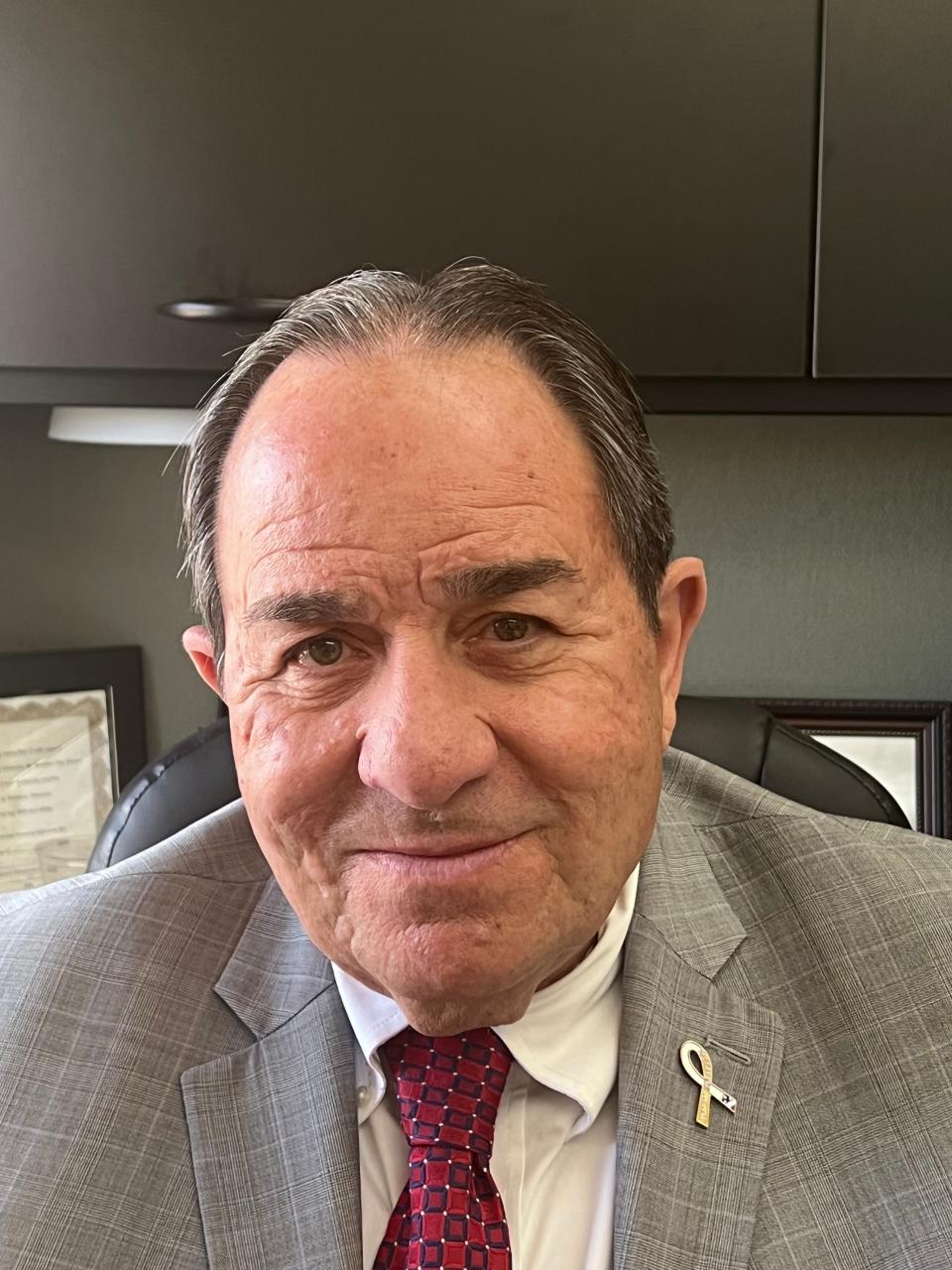Dan Corsentino: Moving forward
Most recently, there has been a lot of discussion about collective bargaining by county employees, which falls under the Collective Bargaining County Employees Act (COBCA) and Colorado Revised Statute C.R.S 8-3.3-101 et seq. In relation to this discussion, imagine you are the elected sheriff of Pueblo County, a position that is constitutionally created and defined by Colorado Revised Statutes. This position is responsible for 2,386.6 square miles and a population of 175,000 people. You, as the sheriff, are constitutionally responsible for a detention facility (jail), statutory law enforcement/investigations, fire suppression in the county, and communication.
Historically, the sheriff has been the sole negotiator for all employees, sworn and unsworn, who are employed by the elected sheriff in the County of Pueblo. The sheriff has made proposals to the Board of County Commissioners for salary improvements, health care benefits, insurance benefits, as well as budgetary requests for equipment, technology, and any capital construction.
This has been the historical duty and responsibility of all 38 sheriffs that have served this county in the past. In 2024, legislation sponsored by Commissioner Daneya Esgar (COBCA) was passed. As a result of this, for the first time, the sheriff's office is now divided between deputies, sergeants, law enforcement, and detention lieutenants, with officers ranking as captains and above being viewed as the sheriff's personal and professional command staff. Now, you as the sheriff have a divided office! Instead of one vision, mission, and ideology, it is now bifurcated into the beliefs of the union and the beliefs of the sheriff, causing a clear separation that could hinder goal attainment.
Unions are important to advance the concerns of the rank and file. Unions are important to protect employees from unfair labor practices, and unions are important to ensure safety in the workplace.
However, there must be a clear, concise understanding of the union's legal existence and purpose in a law enforcement workplace. Along with this, there must be a clear understanding of the issues that are constitutionally and statutorily non-negotiable.
In reality, the scope of the issues for bargaining by representatives of the deputy sheriff's office under the COBCA is quite limited to procedures implementing the rights of represented employees listed within Colorado Revised Statutes.
As the 36th elected sheriff of Pueblo County, past president of the County Sheriffs of Colorado, former vice president of the National Sheriffs, and the longest-serving elected sheriff in this county’s history, my concerns are not about the formation of a union, but about any misguided actions of the union that protects employees who deserve termination, and/or a movement that stalls the progress of an elected sheriff to implement policy that serves the good of the county as a whole.
Sheriff Lucero is correct with his concern about the long-term implications of the Collective Bargaining County Employee Act. The issues of the present will not be the issues in the future for newly elected sheriffs, and their organizations. The constitutional authority of the elected sheriff must be preserved without any encroachment from deputies whose only consideration is self-serving.
To end where we began, if you were the elected sheriff, would you not have the same concerns as he currently has, as he protects the constitutional and statutory authority of the sheriff?
I believe you would.

Dan Corsentino is the former sheriff of Pueblo County, Colorado
This article originally appeared on The Pueblo Chieftain: Dan Corsentino: Moving forward

